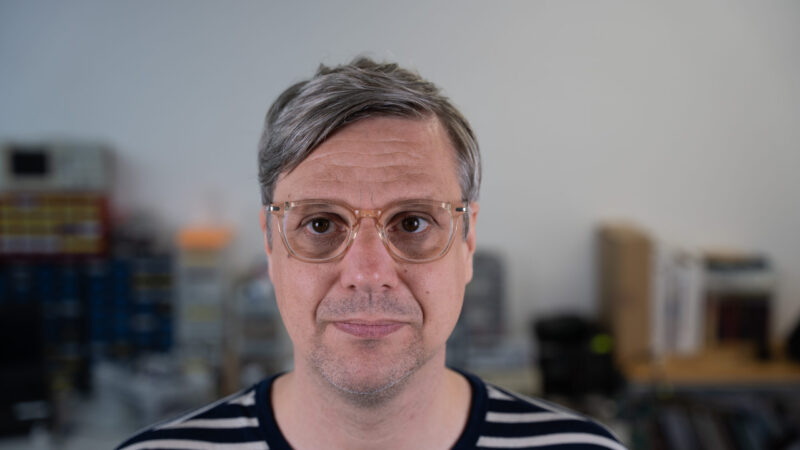
artist

artist
Ralf Baecker (b. 1977, Germany) is an artist working at the interface of art, science, and technology. Through installations, autonomous machines, and performances, he explores the underlying mechanisms of new media and technology. His objects perform physical realizations of thought experiments that act as subjective epistemological objects to pose fundamental questions about the digital, technology and complex systems and their entanglements with the socio-political sphere. His projects seek to provoke new imaginaries of the machinic, the artificial and the real. A radical form of engineering that bridges traditionally discreet machine thinking with alternative technological perspectives and a new material understanding that makes use of self-organizing principles.
His work has been presented at international festivals and exhibitions including Ars Electronica, ZKM | Center for Art and New Media in Karlsruhe, The International Digital Art Biennial Montreal, Martin-Gropius-Bau in Berlin, Haus der Kulturen der Welt Berlin, MOCA Taipei, Centre de Cultura Contemporània de Barcelona (CCCB), NTT InterCommunication Center in Tokyo and Malmö Konsthall.
Baecker has received numerous awards and grants for his artistic work, including the Grand Prize of the Japan Media Art Festival in 2017 and honorary mentions from Ars Electronica.
Ralf Baecker
The Collapse of a Microcosm, 2025
Site-specific installation materials: LED, micro speakers, micro controller, custom circuit boards, steel structure, power supplies. Dimensions: variable
Hundreds of photosensitive light sensors and tiny speakers, arranged in a multi-layered circle, accumulate data from sunlight and gallery interactions. Each sensor replays the data, to the next sensor, forming a one-day memory. As each sensor relays fundamental tones, the difference between now and the past is transformed into a low, resonant hum, weaving time into a flickering sonic tapestry. This breathing architecture of photons and vibrations immerses visitors in a shared nexus of environmental changes, their own presence, and technological memory.
Baecker’s work highlights the liminalities of perception and transition inviting a reorientation of worlds by dissolving boundaries between the organic and the artificial—revealing a very resonant, and very different, ecology.